from www.panorama.co.zw
After a heated discussion about Bryony
Rheam’s This September Sun at the
Spanish Embassy book club in Harare, Panorama Magazine decided to extend the
conversation by talking to the author.
This September
Sun has been published in Wales
(Parthian Books) and Zimbabwe (amaBooks) to critical acclaim. It is currently
chosen by the Zimbabwe Examination Council (ZIMSEC) as one of the “A” Level
English Literature set texts. Bryony Rheam currently lives in Zambia with her
family.
Firstly, what is
This September Sun all about?
It is about a young girl growing up in
Zimbabwe and her relationship with her grandmother. The relationship
changes over time, but Ellie only moves towards a fuller understanding of
Evelyn after the latter’s death.
What amount of
research went into the writing of this novel? For instance, I am curious to
know what new things you learnt in the process that you were not aware of
before you embarked on this project.
I did a fair amount of research into the
era of the 1940s. More than anything, I had to find out what the social
norms were – what was acceptable and what was not. What did people do for
entertainment, that sort of thing. One thing that always amazes me about
the past is how efficient some aspects of life seemingly were.
Now we think we are clever because we can
email and send text messages, yet there was a system of doing things then that
was in some ways far more efficient – probably because it didn’t depend on
electricity or computers! The post, for example, was highly efficient,
sometimes delivering twice a day and many shops would deliver – you could order
over the telephone. Nowadays, with all our technology, we are more than
often told “Sorry, I didn’t get your message”.
Your book
reads more like a memoir than a work of narrative led fiction. In other words,
first novels are often seen as thinly veiled autobiography. How much do your
personal experiences come into your fiction?
This is quite a difficult question to
answer. None of the events in the novel are “true” in the sense that they
did actually happen exactly as they do in the storyline. However, there
is a lot of myself in the book, in many of the feelings and emotions.
There
are black readers who feel hard done by the fact that black characters in your
book are marginal types – maids and gardeners, etc. Are those who read racial
connotations in these skewed relations wrong?
I’ll begin to address this question by
posing a similar question to those readers: Would the same be asked of a
black writer who either didn’t include white characters or kept them as
marginal characters – white farmers, district commissioners and the like?
If a non-white writer set a novel in the UK or the US and didn’t make mention
of white characters, would this be seen as racist, or would we say something
like: “Oh, well, this novel obviously concerns the main character, who is black
and their immediate family who live in an area of the UK with a high non-white
population.”
This September Sun does not have a huge
cast of characters and the main story revolves around the relationship between
a young girl and her grandmother. It’s not a story about black and
white. Yes, there is the political backdrop of a Zimbabwe going through
much change, but at the heart of the story is a very personal
relationship. Why should I need to include x amount of black
characters? That would be political correctness gone mad!
Another point to consider is that at the
time that Evelyn is a young woman, she wouldn’t have had much contact with
black people except as servants. It amazes me that no one has picked up
on the significance of Samson. Yes, he may be a cook, but he is an
important character in the novel. Evelyn identifies with him on a
personal level.
Mr Patel is another character whom she
identifies with. I think it would have been totally unrealistic of me to
have created a friendship between Evelyn and a black character that did not
take into account the time she was living in.
I strongly believe
Zimbabwean literature is a literature of two halves: black and white. I find
that there is a serious disconnect. Black writers write mainly about the black
experience. White writers write mainly about the white experience. Can it ever
be one or the lines are just blurred and as readers we cannot just see it?
I think that you naturally write about
things that are of interest to you and to which you can relate. I don’t
think there should be any pressure for any writer to write to meet some need;
writing should be a natural process. I also think that the strength of a
story should be in its ability to appeal to a reader regardless of “the
experience” that created it.
Many people love Charles Dickens although
they have never been to England or lived in the Victorian age. I’ve read
about people from all walks of life who absolutely love Enid Blyton and yet one
of the criticisms leveled at her is that her work is too parochial: 1930s white
middle class. Do children pick up on this? No, probably not.
Surely as readers we identify with a
character, whatever their colour or background, otherwise our reading scope
would be incredibly limited?
There
is now a large output of “white-writing” from Zimbabwe. Could comment on how
you situate yourself within it? I’m thinking of Peter Godwin, Alexandra
Fuller and others.
I really don’t like this term “white
writer”. Why can’t I just be a writer? I wrote a book and that book
is quite different from Peter Godwin’s work as he is a journalist; Alexandra
Fuller is too. I don’t see my work as trying to fit in or be
different.
The question of who belongs to the Zimbabwean nation has
been extremely politicised in the last decade or more. Do you ever feel
disqualified or are you made to feel disqualified from writing and representing
the Zimbabwean nation because of your ethnic origins (that is the fact that you
are white, not black)?
I think the fact that I am asked this question in just
about every interview I do shows that the colour of my skin is still an issue –
but probably only to academics and interviewers! I think the average
reader probably doesn’t give a toss as long as they have enjoyed what they have
read. I’m sure the colour of my skin does count against me sometimes and
I tempted to write something under a pseudonym to see if I get the same
questions asked to me if people thought I was black!
Is there any
significance to the opening of the book – April 18 is a day that carries a lot
of emotional history for most Zimbabweans. What change does it signal?
I suppose this is an example of the
influence of the political and private on our lives. April 18 may have
been the day that Zimbabwe got its independence from Britain, but it is also
Ellie’s birthday. As a six-year-old, that is her main concern, yet she is
aware of these other changes going on around her, although she does not fully
understand their significance.
Your book has
since been adopted as an “A” Level text in the Zimbabwean education system.
What do you hope these young readers will learn from This September Sun?
I don’t necessarily want anyone to learn
anything. I’d like them to enjoy it.
Do you keep
abreast with other Zimbabwean writing and what do you have in common with other
Zimbabwean writers?
Ironically, it isn’t always that easy to
get hold of African novels in Africa! I read what comes my way, and I
think there is a move to write about things other than war, famine, AIDS,
etc.
- By Tinashe Mushakavanhu. ©
Panorama Magazine 2013.


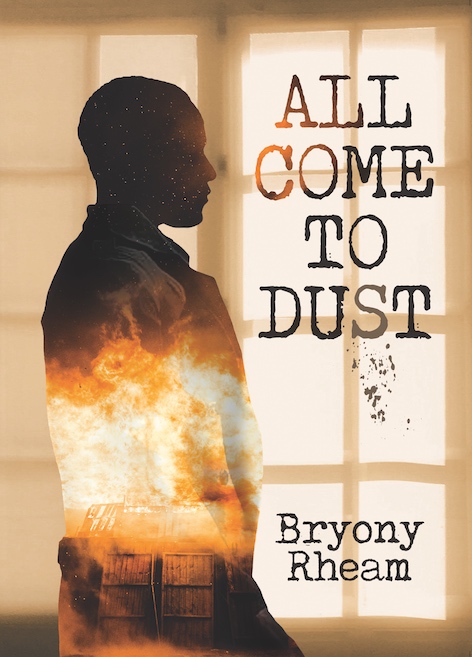
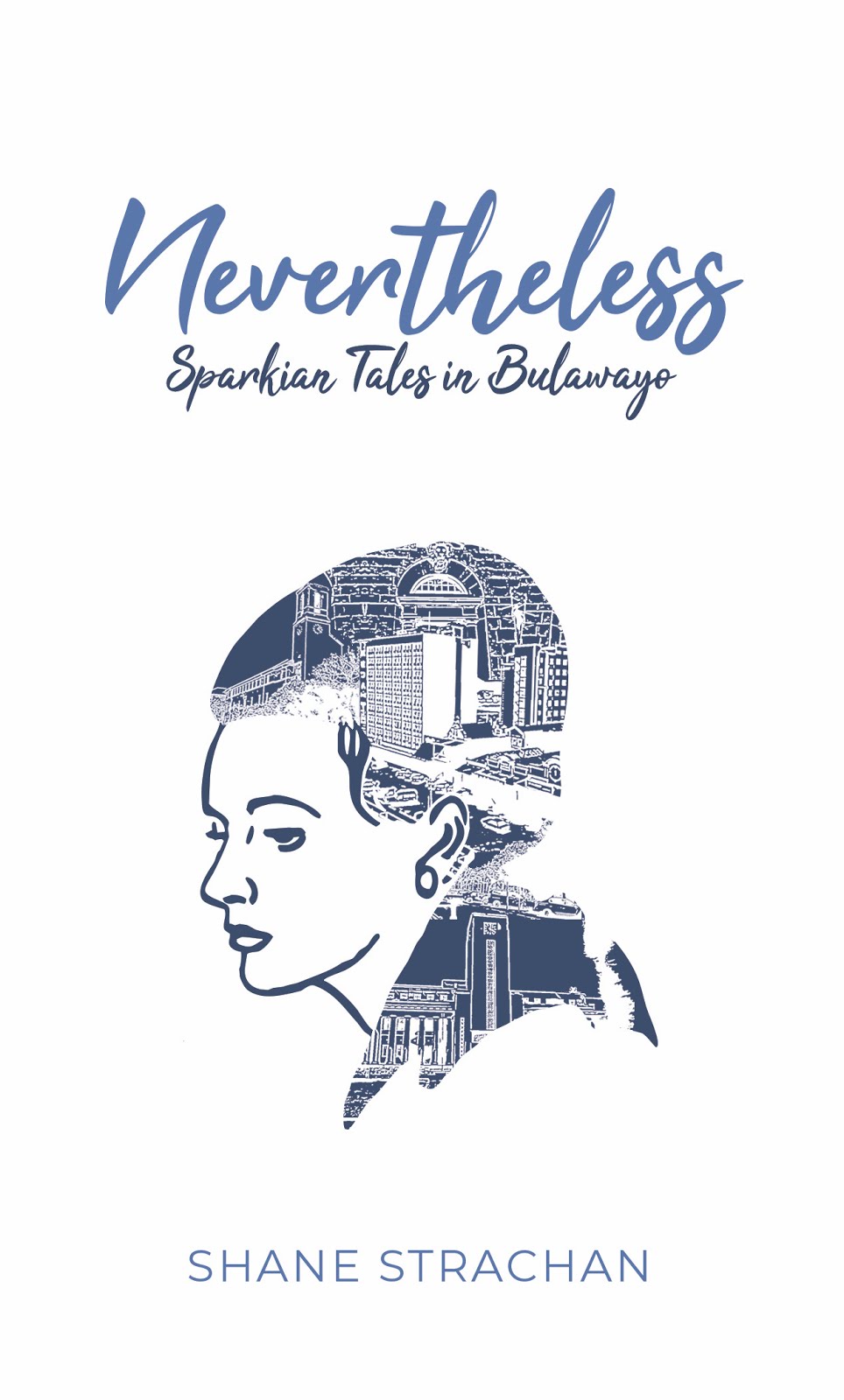





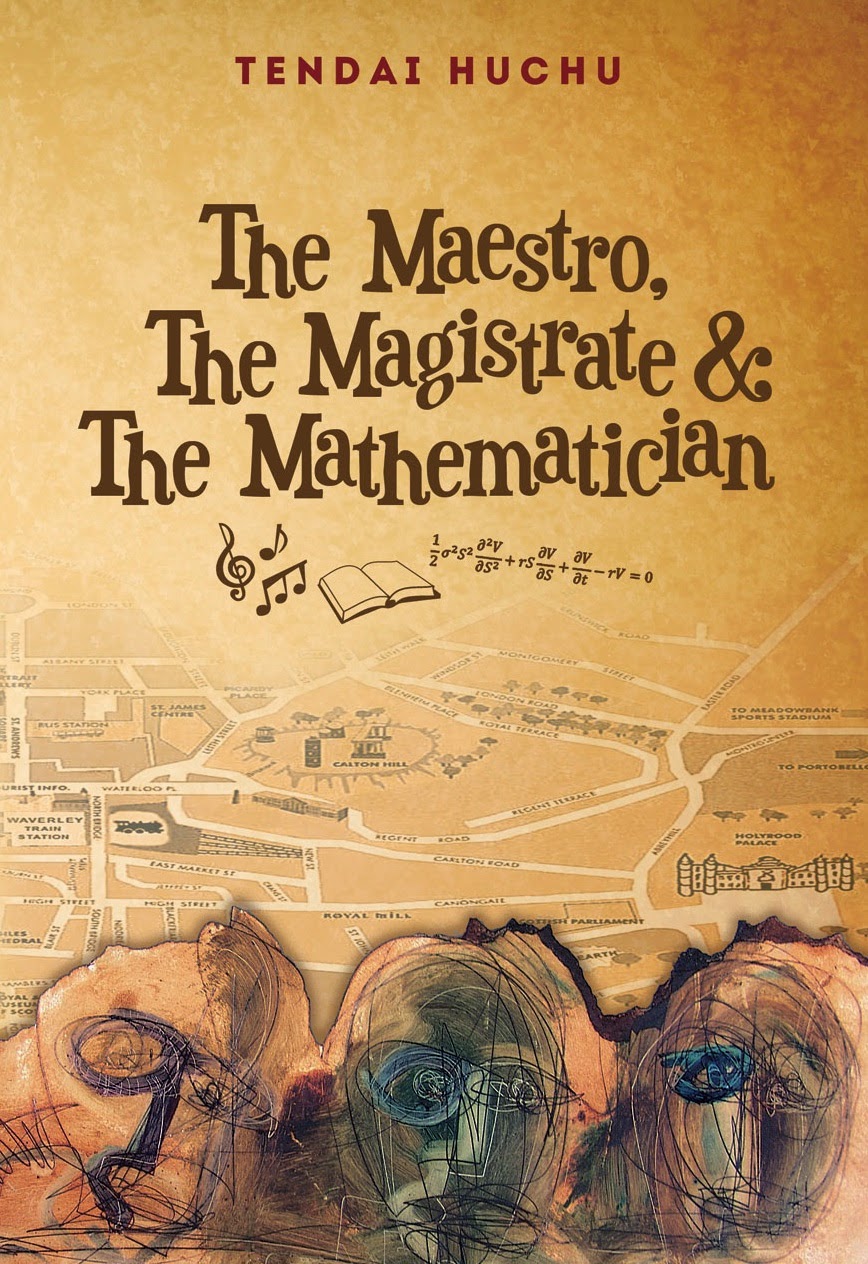
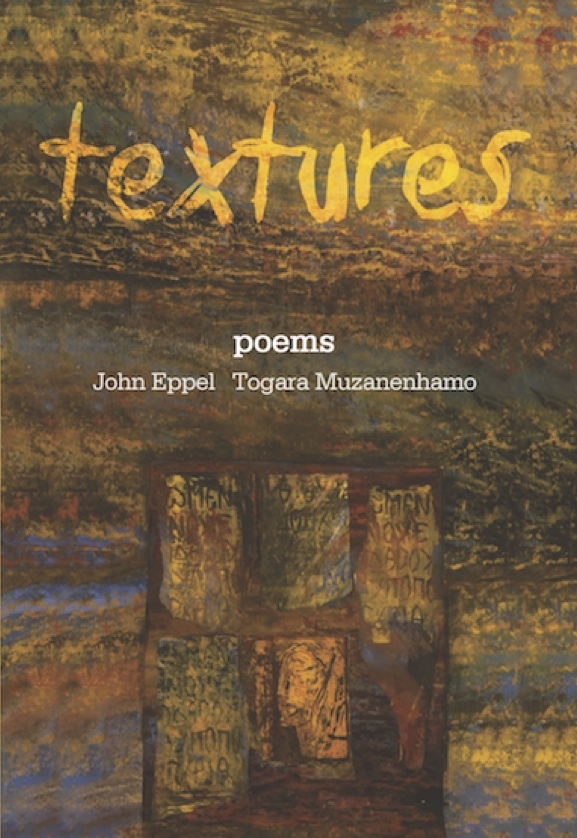
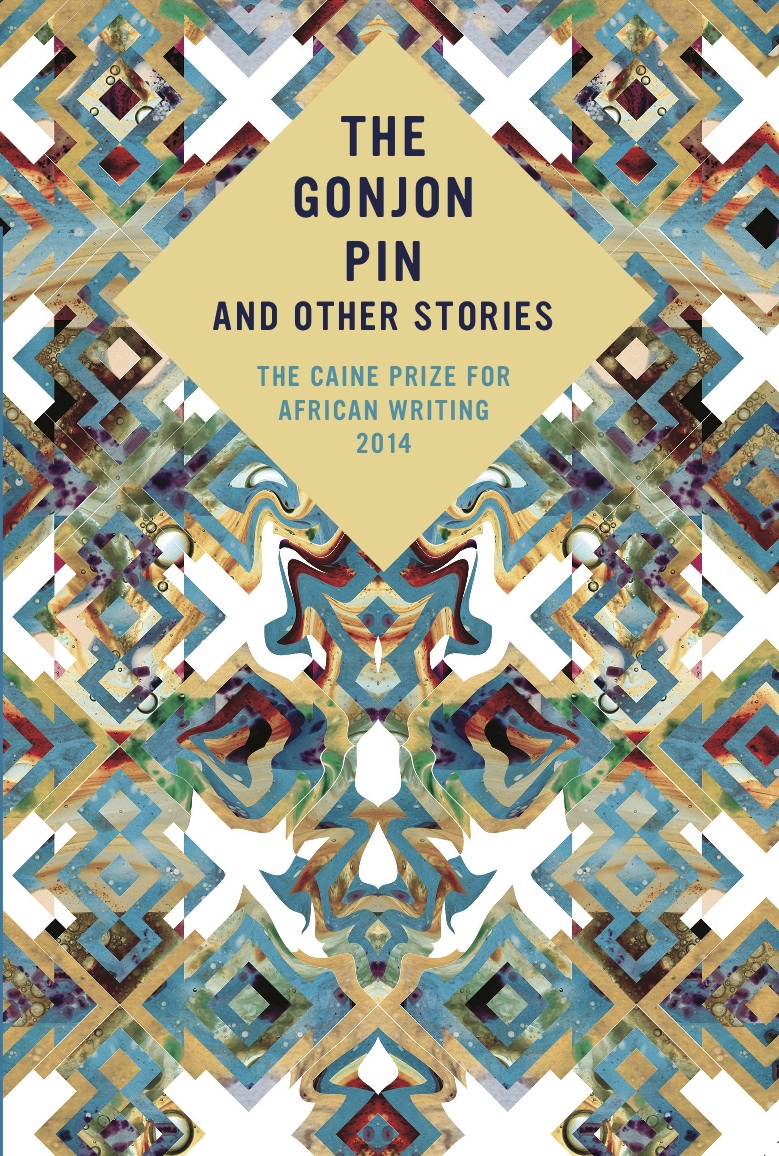
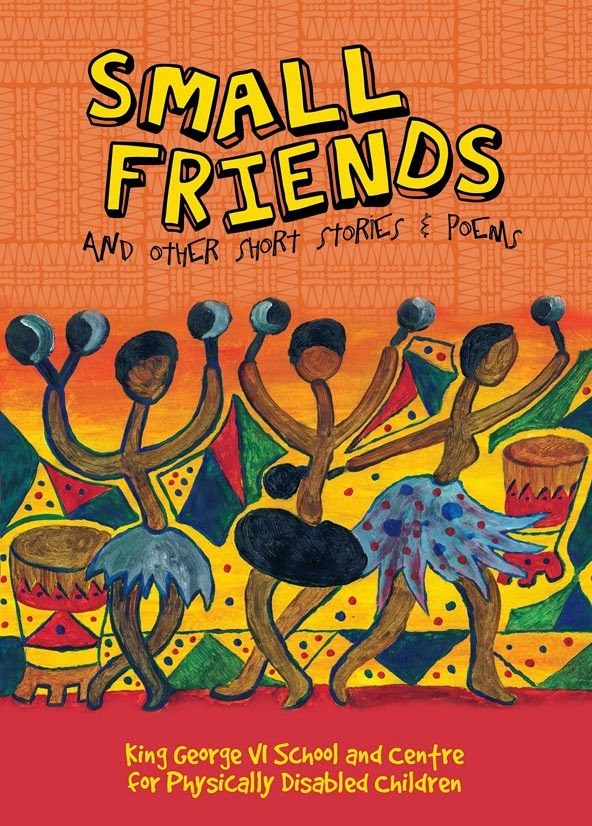
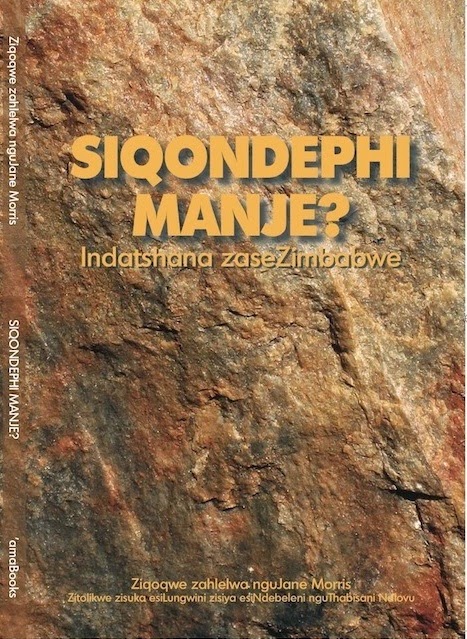
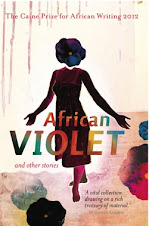

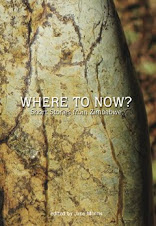
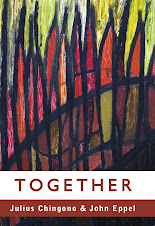
.jpg)

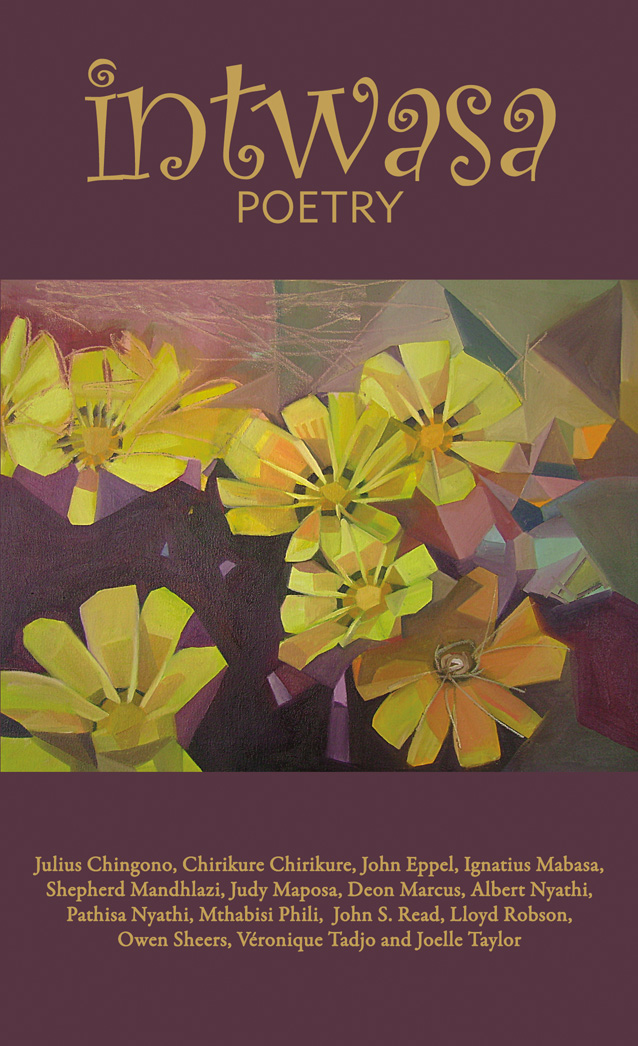


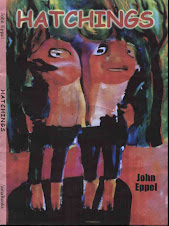













.jpg)

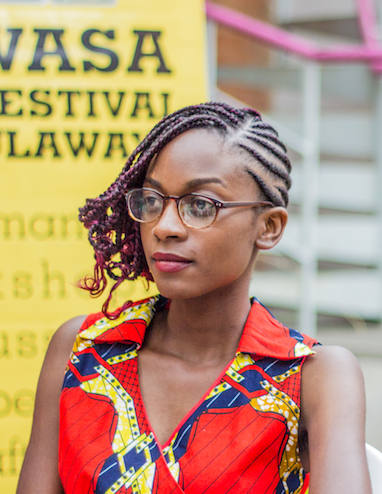


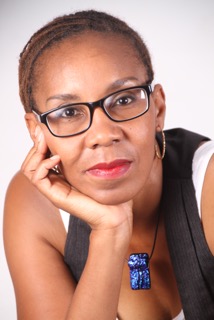
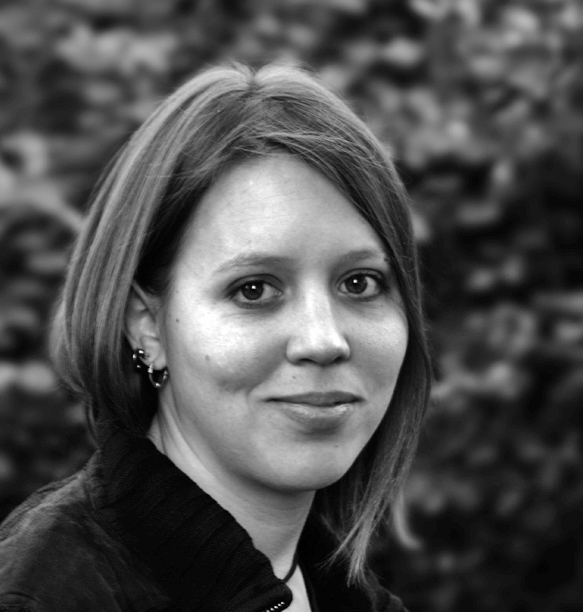





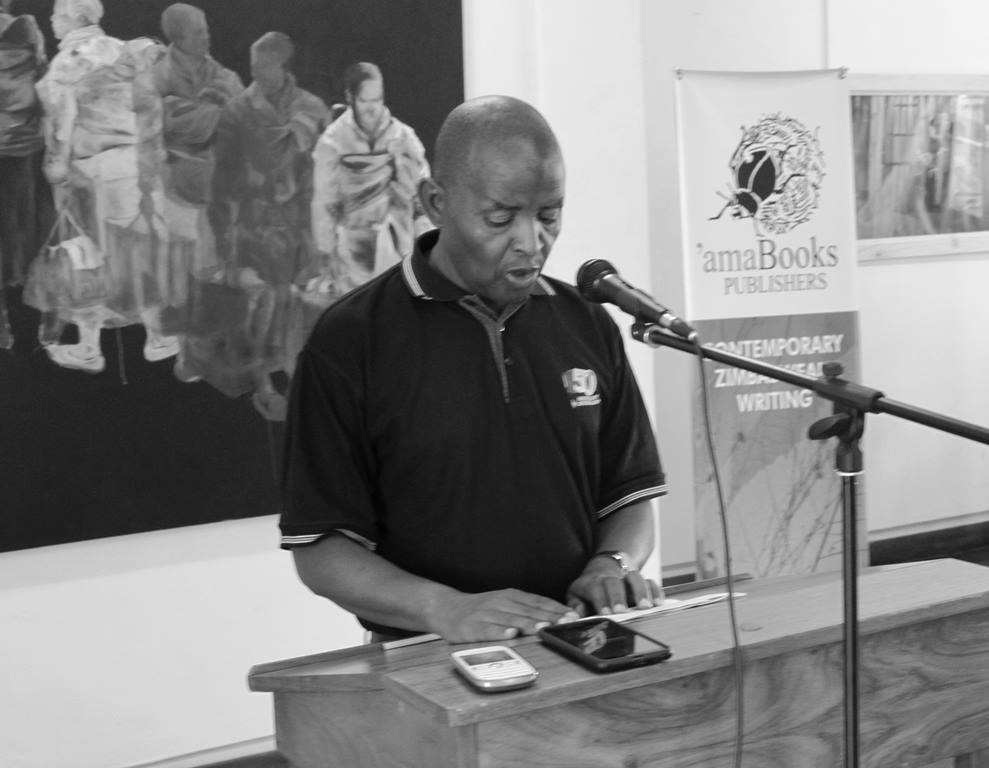

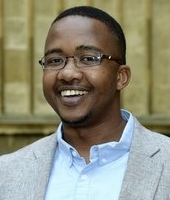
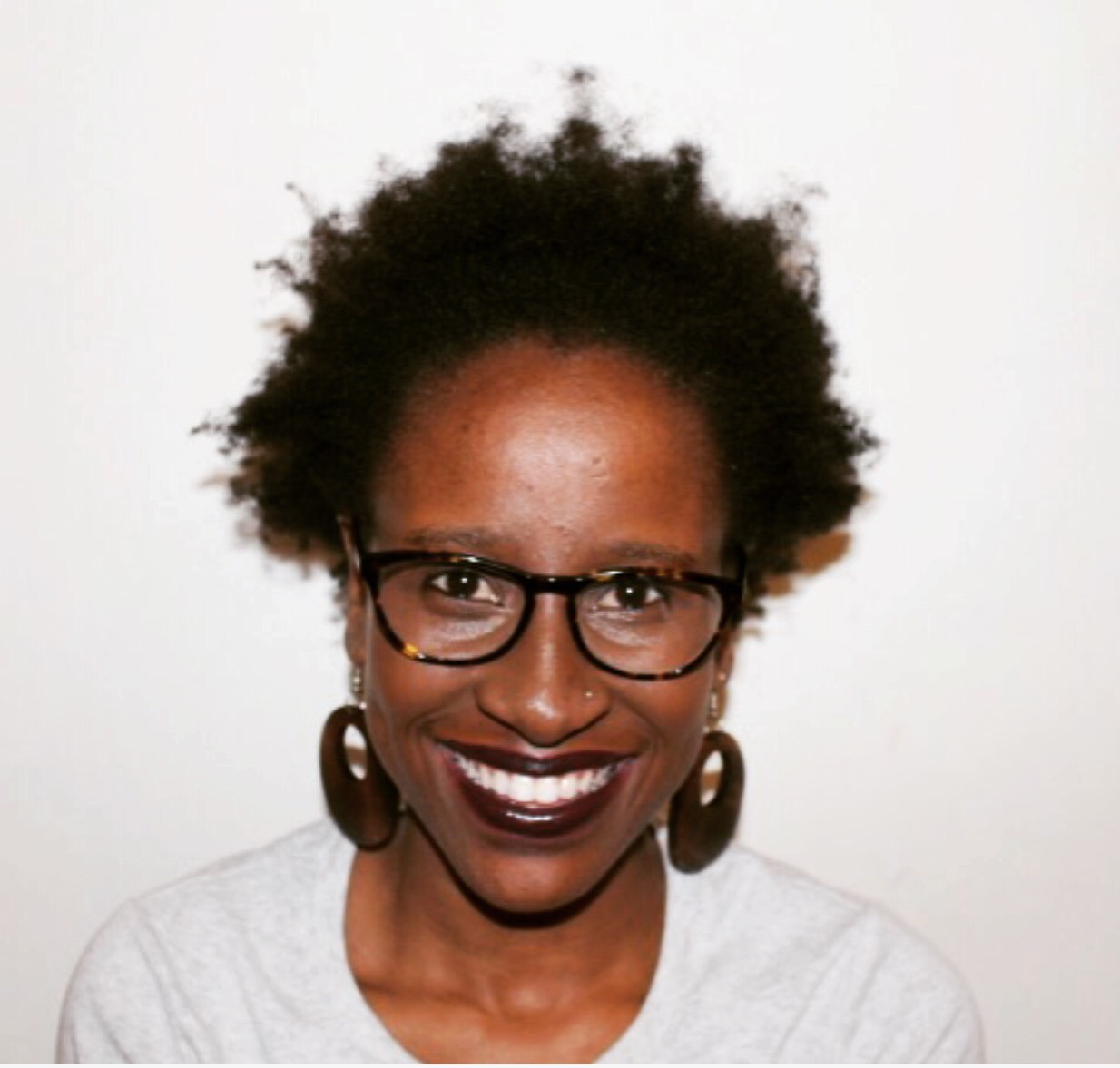



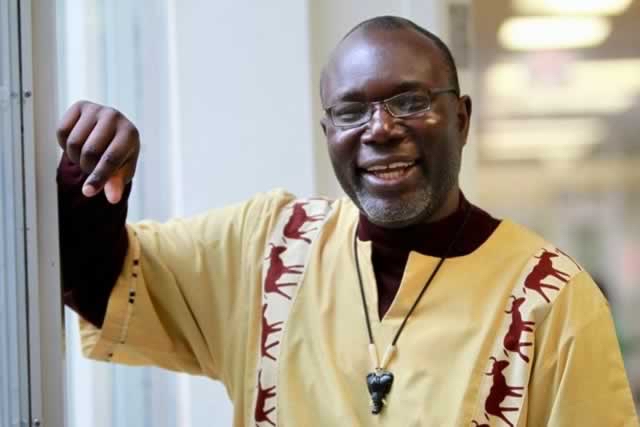









No comments:
Post a Comment